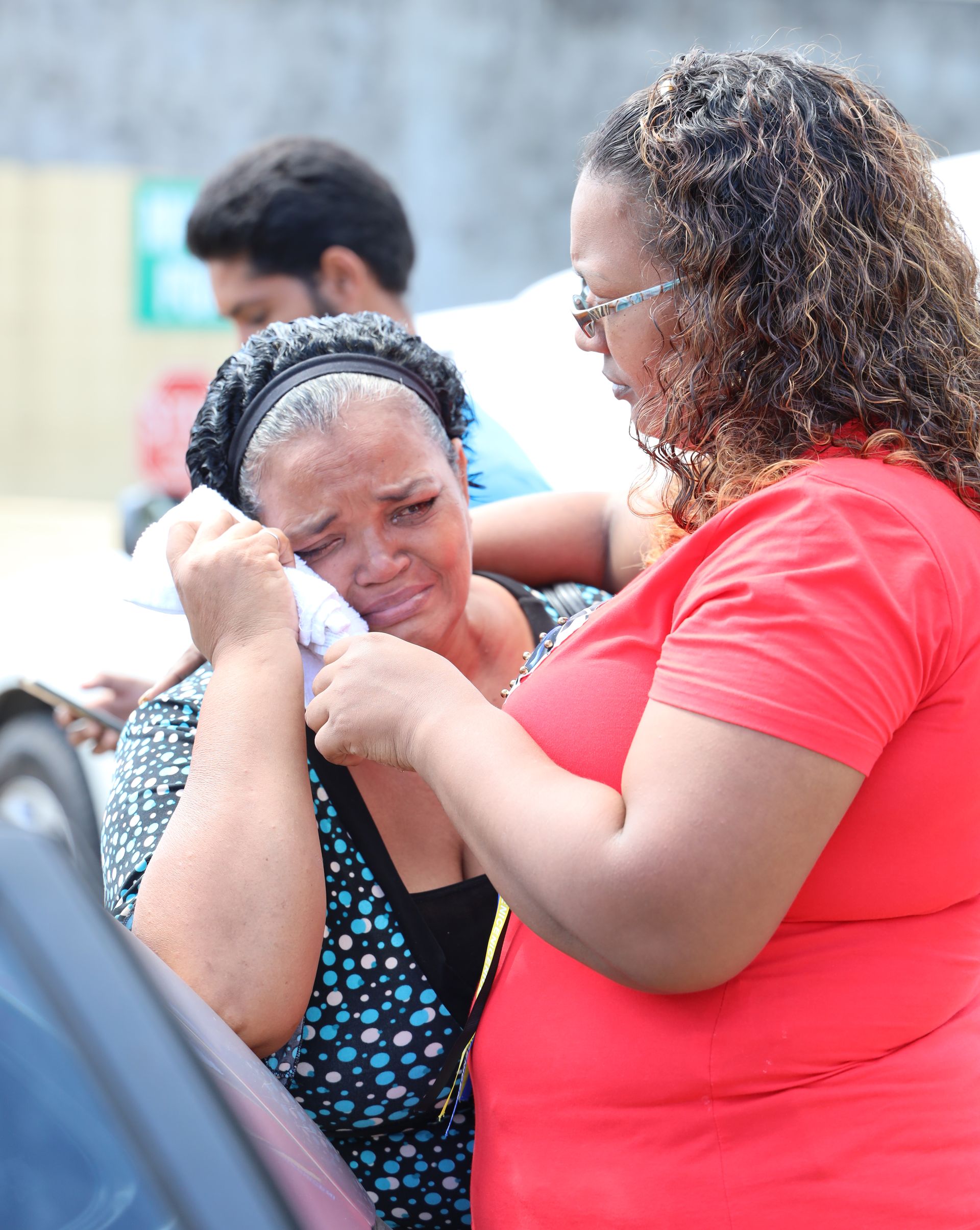
Trinidad and Tobago’s Murder Surge Triggers Desperate State of Emergency
The Caribbean nation of Trinidad and Tobago is grappling with a staggering surge in homicides, prompting the government to declare a state of emergency in an attempt to curb the violence. The move has sparked a heated debate over its effectiveness and the underlying causes of the crime wave, highlighting the complexities of a society plagued by violence and instability.
A Call to Desperation
On August 19, 2021, the Trinidad and Tobago government declared a state of emergency in response to a record-breaking 403 murders in the first eight months of the year. The unprecedented measure granted the police sweeping powers, including the ability to detain individuals without charge for up to 90 days. The government justified the move as a necessary step to combat the “unacceptable” level of crime.
A Litany of Factors
The surge in homicides in Trinidad and Tobago is attributed to a complex web of factors. Illicit drug trade, gang violence, and socioeconomic inequality are seen as the primary drivers. Drug trafficking, in particular, has fueled a lucrative criminal underground and contributed to the proliferation of firearms.
Poverty and unemployment are also significant contributors to the crime problem. A large segment of the population lives in informal settlements with poor access to basic services, such as education and healthcare. These conditions foster a sense of hopelessness and desperation, which can lead to violence.
A Controversial Response
The declaration of a state of emergency has been met with mixed reactions. Proponents argue that it will provide law enforcement with the necessary tools to combat crime and restore order. They point to the temporary reduction in homicides that followed the imposition of a state of emergency in 2011.
Critics, however, express concerns about the potential for human rights abuses and the erosion of civil liberties. They cite the lack of oversight and the arbitrary detention of innocent individuals as major risks. They also argue that the underlying social and economic issues that drive crime will not be addressed by a security-led approach.
Lessons from the Past
Trinidad and Tobago has a history of declaring states of emergency in times of heightened crime. In 2011, a two-month state of emergency led to a reduction in homicides, albeit a temporary one. The emergency period was criticized for the detention of over 1,500 individuals without charge and allegations of police brutality.
A Need for a Comprehensive Approach
While the state of emergency may provide a temporary respite from the violence, a long-term solution requires a comprehensive approach that addresses the root causes of crime. Tackling poverty, inequality, and unemployment will require sustained investment in education, job creation, and social welfare programs.
It is also crucial to address the illicit drug trade and strengthen the justice system. Breaking the cycle of violence will require a concerted effort to address the social and economic factors that contribute to crime, coupled with effective law enforcement and due process of law.
Conclusion
The murder surge in Trinidad and Tobago is a complex issue that requires a nuanced and comprehensive response. While a state of emergency may be a necessary measure in the short term, it is essential to address the underlying social and economic issues that drive crime. Only by tackling the root causes can Trinidad and Tobago break the cycle of violence and build a more just and equitable society.
The government’s decision to declare a state of emergency has sparked a heated debate over the effectiveness of such measures and the broader implications for human rights and civil liberties. It remains to be seen whether the latest emergency declaration will prove to be a sustainable solution or simply a temporary respite from the ongoing crisis.